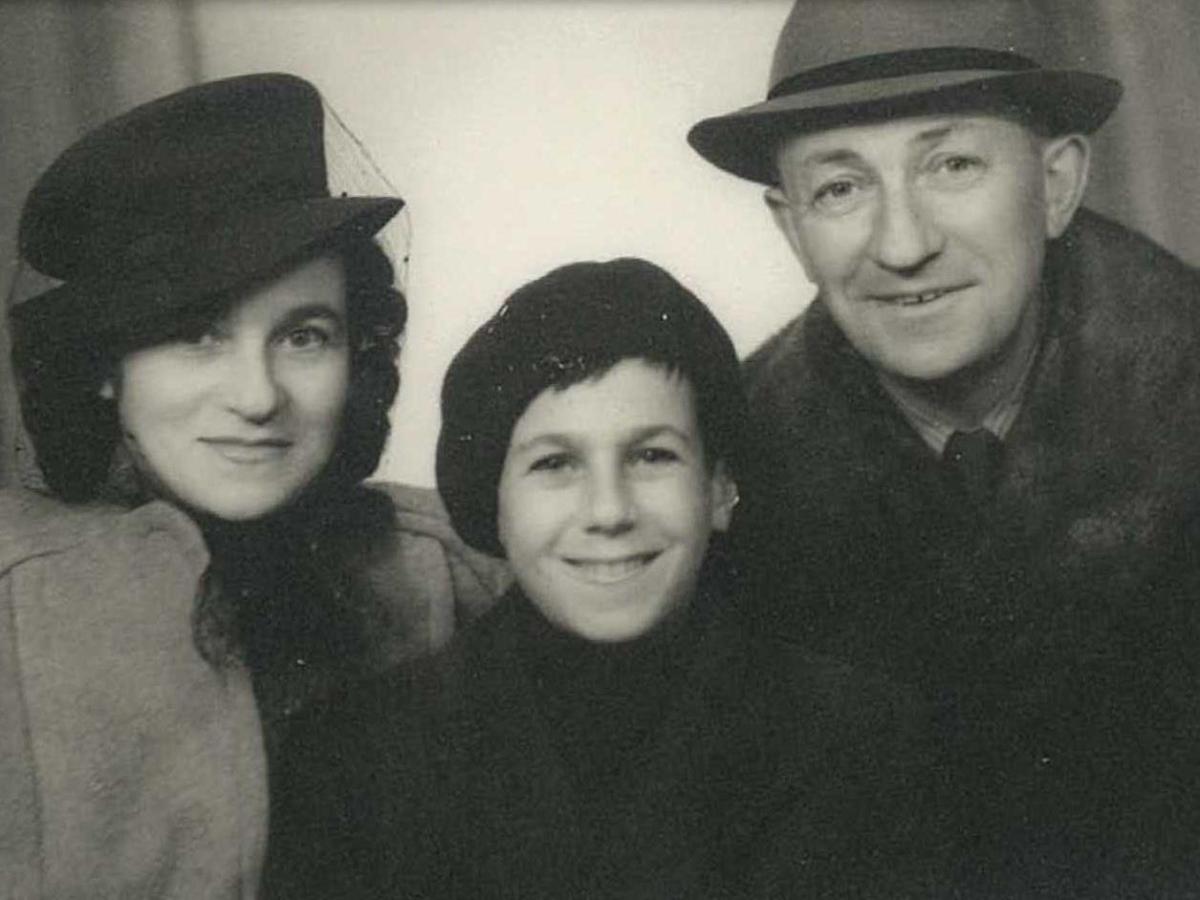Book Cover Image: Escape From Berlin by Peter Nash via Simon & Schuster.
‘Over the years my identity resolved itself. I realised there were three sides to me: Jewish, European and Australian. I was tricultural.’
Nash brings this multi-faceted description of himself to his approach to his memoir, Escape from Berlin. The first part of the book is the story of the escape of Nash’s parents from Nazi Germany. Their story goes on to tell of their lives with Nash, their only child, in Shanghai, and the family’s eventual settlement in Australia. Then the narrative becomes increasingly focused on Nash as he reveals more of himself through his descriptions of uncovering the history of his ancestors and a number of related families.
This interest in probing the past borders on the obsessional and results in meticulously detailed research into several family trees. Nash explains what motivates him: ‘My two paternal grandparents and my maternal grandmother and over forty close family members perished … Only three of my close family survived Hitler’s regime.’
But as a result of Nash’s investigations, many who died in the Holocaust are remembered and their relationships lovingly recorded. Nash further befriends distant relatives and helps them to find out what happened to their loved ones at the hands of the Nazis. He glories in the survivors and mourns those so tragically lost. Nash also mentions, with justifiable pride, the success of his children in founding Booktopia.
But his main concern is with the past. Nash reminds the reader that Hitler and the Nazi Party were elected on 30 January 1933. His excellent succinct recounting of the progressive restrictions suffered by the Jews from that time is a stark reminder of the anti-semitic step-by-step approach taken by the Nazis. From 1933, German Jews were defined as non-Aryans and were increasingly excluded from a range of occupations and deprived of citizenship rights. They had their businesses confiscated and were forced to adopt a middle name of either Israel or Sara. After the infamous Kristallnacht in 1938, open anti-Semitism erupted – Jews were attacked in their homes and many were arrested and sent to concentration camps.
Nash reminds us that Jews who had fought in the German army in the first world war could not believe that they would be treated other than as valued German citizens. And in those times, as indeed now, many countries had very limited immigration quotas. Consequently some 18,000 Jews escaped to Shanghai which, until Japan entered the war, remained an open port requiring no entry visa.
Escape from Berlin is replete with family trees, maps, photographs, useful notes and a bibliography. And while some of the more specific details may not be of general interest, the book offers much to readers, particularly to a generation now well removed from the Holocaust. The stories also have a sad and striking relevance to today’s Australia – as Nash writes, ‘it must be recognised that not all Aussies have equal rights, specifically Indigenous Australians. Their history is akin to Jewish history, namely the genocide of Aboriginal peoples150 years before Hitler’s rise to power in the 1930s.’
Rating: 4 stars out of 5
Escape from Berlin by Peter Nash
Simon & Schuster Australia
Ventura Press
160 pages
ISBN 9781925384338
August 2017





